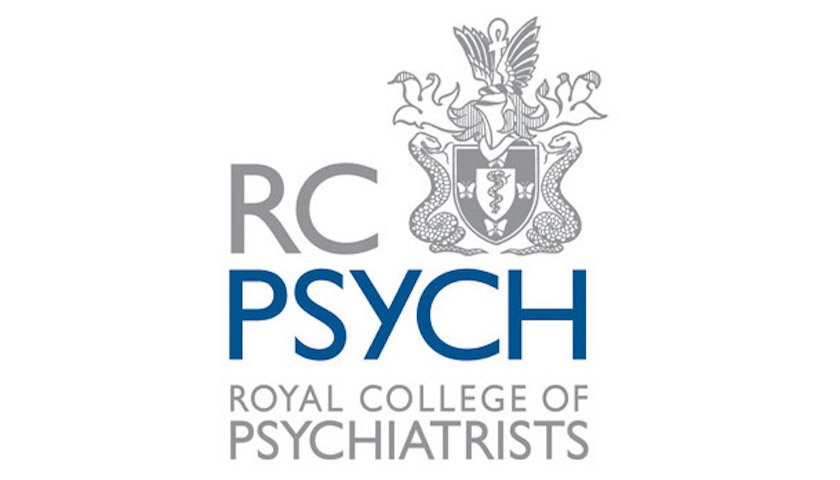The Royal College of Psychiatrists is to review its opposition to the legalisation of cannabis in what could be a critical development as much of the research the government has used to keep cannabis illegal has been conducted by leading researchers from the College.
Its members also hold key positions advising ministers on mental health, including Dr Owen Bowden-Jones, the chairman of the advisory council on the misuse of drugs and an expert on addiction.
The College’s current position is based on its concerns about the drug’s impact on mental health.
The Telegraph reports that the College is setting up a panel to consider supporting decriminalisation in the wake of more countries legalising the drug and the government’s recent decision to permit specialists to prescribe ‘cannabis-derived’ medicine.
The Royal College of Physicians, British Medical Journal, British Medical Association and Royal Society for Public Health have all called for reform to the law up to and including legalisation.
Dr Adrian James, the Royal College of Psychiatrists’ registrar who will chair the panel, said they would approach the assessment with an “open mind” and review the medical evidence and research from US states, Uruguay, Canada and Portugal where it has been decriminalised.
He said he remained deeply concerned over the risks of psychosis from new high-strength strains of cannabis but that he would consider arguments that regulation could limit the strengths, generate tax income and reduce criminalisation.
“We need to look at it in more detail to get more evidence. One of the arguments for legalising cannabis has been that you will get purer forms of it and you can tax it so governments benefit,” said Dr James, who as registrar is head of policy at the College.
“As a forensic psychiatrist, the strongest argument is decriminalising behaviour that is widespread and avoiding people getting caught up in the criminal justice system and ending up on a conveyor belt. If you can decriminalise it as an activity, you prevent that and the stigma associated with it.”

Although the college believes drug policy worldwide needed to be reviewed on the basis it “had not worked”, he said he remained concerned by evidence that even in states where it was legal, high-strength cannabis had still “proliferated”.
“Our official view is that we are concerned about the health risks and we are against legalisation of cannabis on that basis but there may be arguments that outweigh the psychiatric arguments,” said Dr James. “We will look at the arguments around legalising street cannabis and the messaging we would want to put out around that.”
The panel will also review medicinal cannabis, the use of which it supports when based on evidence of benefit. “We are always after new treatments for mental health problems,” said Dr James.
Research on cannabis is particularly poor in the UK, mostly because it is illegal. But most research that has been done on it has been focused on trying to prove its harm rather than its therapeutic or medicinal qualities.
Cannabis is the most commonly used drug in the UK, with 6.6 per cent of adults, or 2.2 million, having taken it even though possession carries a penalty of up to five years in prison, with suppliers facing up to 14.
Dr Trevor Turner, a former vice-president of the Royal College of Psychiatrists, said it was “insane” to continue treating cannabis as an illegal drug when there was no evidence to show a causal link to schizophrenia, only an association, and when other drugs such as alcohol and tobacco were legal.
“It causes criminalisation and doesn’t make it possible to regulate for health and safe cannabis forms if it was to be legalised as is now being proved in Colorado, Oregon, Portugal and Canada,” he said.
At a recent Mental Health Question Time, a series of regular free to attend public discussions that take place in London – set up by the UCL Division of Psychiatry, The Lancet Psychiatry and the National Elf Service – UKCSC chairman Greg De Hoedt asked the panel if it supported the UKCSC model.
Prof Val Curran, Professor of Psychopharmacology, UCL, said: “There are a lot of cannabis clubs in Spain and they are very productive because they are working with researchers.”
Dr Marta Di Forti, Psychiatrist, London said: “Greg I would definitely prefer my young patients to go to you than the drug dealers in Brixton!”
She asked Greg if UKCSC members were comfortable telling each other if they were becoming too dependent on cannabis or having other problems with it, and could support them and refer them to services, or whether there was a culture of having to protect the image of cannabis.
“Absolutely we try and get them the help they need if we they look like they need it,” said Greg. “We might tell someone, ‘you smoke with way too much tobacco in your spliff, you need to use the NHS stop smoking service, or ‘you don’t seem to be very happy at the moment, you’re using a lot of cannabis, do you want to speak to someone’. Members like speaking to us, they trust us, they know who we are.”
Follow the UKCSC on social media: Facebook – Instagram – Twitter – Reddit




